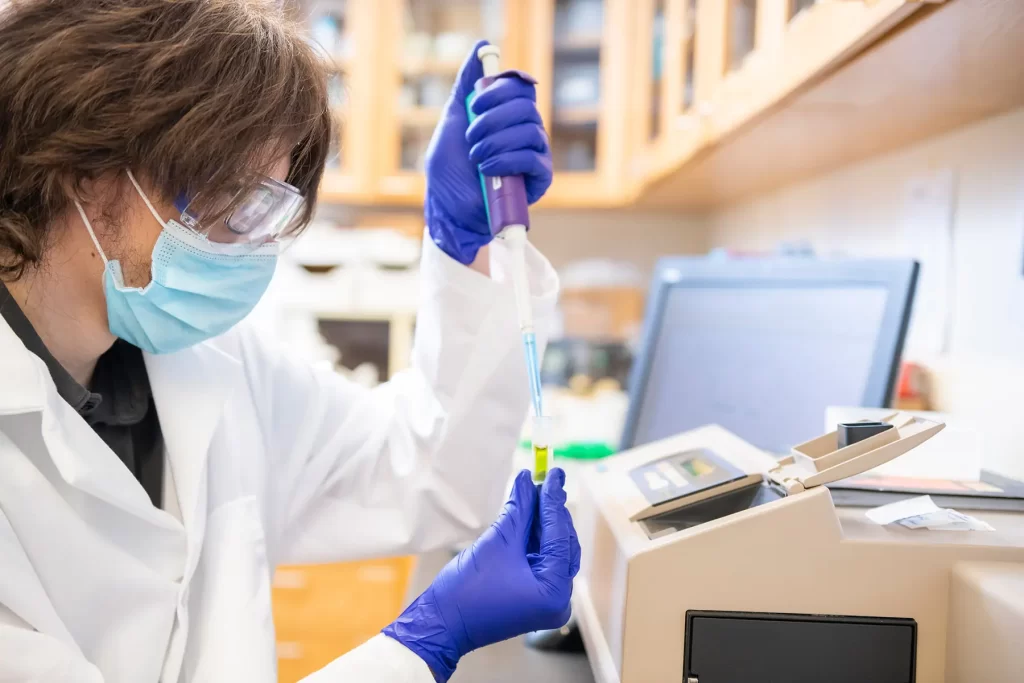Laboratories have for some time been at the front of logical disclosure and advancement. They are center points of examination, trial and error, and investigation, where forward leaps can possibly reshape ventures and further develop lives. In the cutting-edge age, the reconciliation of Information Management Systems (IMS) has catalyzed an exceptional evolution in research facility tasks, improving precision and driving progress in manners beforehand unbelievable. Information Management Systems have introduced another time of research facility management, smoothing out processes and streamlining work processes. Gone are the times of physically keep information in scratch pad and overseeing tests through accounting sheets. With laboratory information management system presently have the ability to digitize and concentrate information, making it effectively available to analysts and empowering them to work all the more proficiently.

The coming of IMS has fundamentally further developed information exactness and honesty. Robotized information assortment and capacity lessen the probability of blunders brought about by human elements, it are solid and reproducible to guarantee that exploratory outcomes. This degree of precision is fundamental in research, where even the littlest errors can have sweeping outcomes. Cooperation is another part of lab work that has been revolutionized by Information Management Systems. Analysts can now team up flawlessly across geographic limits, sharing information, discoveries, and experiences continuously. This worldwide network cultivates a cooperative climate that speeds up the speed of disclosure and supports the trading of thoughts among researchers around the world.
One of the most significant parts of IMS in laboratories is its ability to handle monstrous measures of information produced by cutting edge scientific instruments. Procedures like genomics, proteomics, and metabolomics produce tremendous datasets that require modern devices for examination. IMS works with the capacity of these datasets as well as gives strong investigation abilities to remove significant bits of knowledge from complex information. The reconciliation of IMS likewise has positive ramifications for administrative consistence and quality control in research center settings. With the capacity to track and follow tests, oversee documentation, and guarantee adherence to standards, laboratories can certainly explore the thorough necessities of administrative organizations while keeping up with the best standards.
As laboratories keep on developing, laboratory information management system are ready to assume a considerably more vital part in moulding their direction. With the approach of advances like man-made reasoning and AI, IMS can further improve information examination, anticipate exploratory results, and add to the revelation of novel bits of knowledge. The evolution of laboratories with Information Management Systems epitomizes a change in perspective in how examination is led and made due. From upgrading precision and information uprightness to encouraging worldwide coordinated effort and empowering progressed examination, IMS has turned into a basic device in the advanced research facility. As innovation keeps on propelling, laboratories outfitted with IMS are strategically set up to lead the way in logical disclosure and advancement, introducing a time of exceptional progress.

